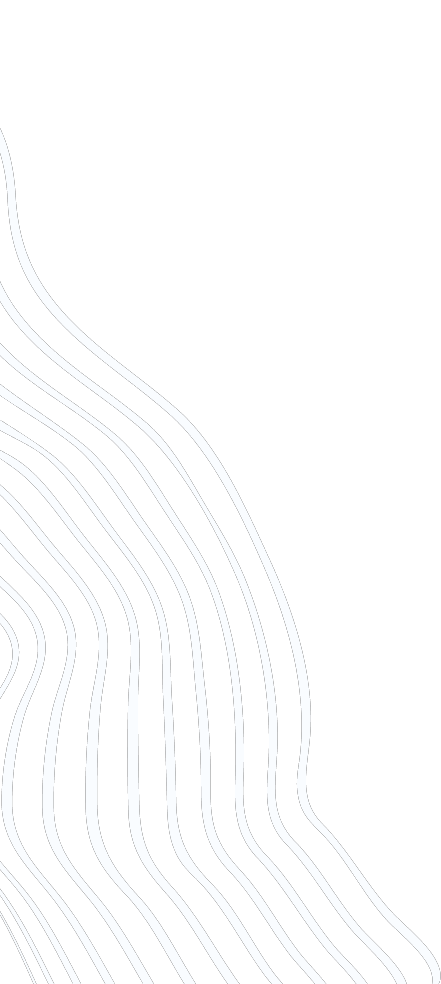
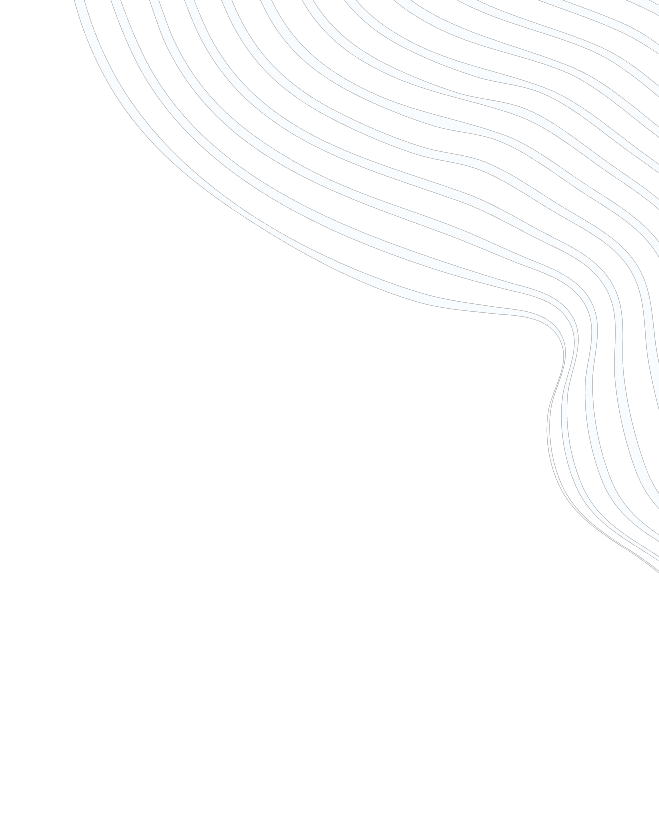
Mental Health 101: Back to Basics
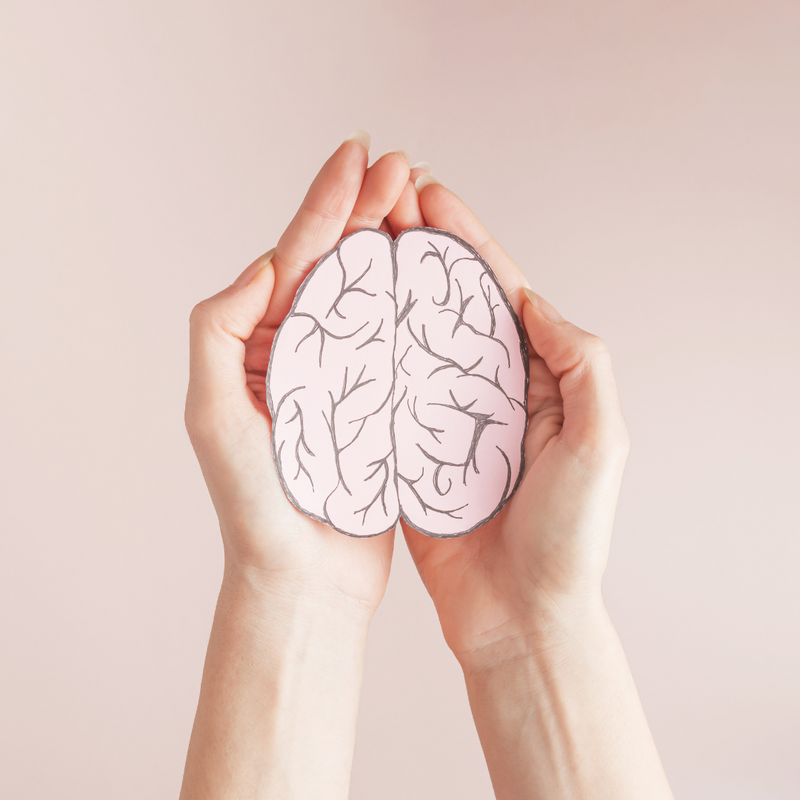
Let's Cut Through the Noise on Mental Health
It’s easy to toss around the term "mental health" but understanding its depth is another story. This isn’t about the fluffy, feel-good advice that clutters your social media feeds.
Mental health myths are everywhere, blurring the real picture of what it’s actually about.
It’s not just about the absence of mental illnesses or some unchangeable state of being—it's as dynamic as life itself, shifting with the good, the bad, and the ugly of each day.
What mental health IS
Mental health is a complex part of our daily lives that influences our thoughts, emotions, and behaviors.
It shapes our perception of the world, our relationships with others, and our individual identities.
At a deeper level, emotional well-being involves managing our feelings and emotions, which can range from joy to sadness, in ways that are helpful.
Psychological well-being entails our ability to process information, make decisions, and use reasoning.
Social well-being focuses on how effectively we interact with others, build relationships, and maintain social connections.
These dimensions are deeply interconnected, impacting your experience profoundly.
Mental wellness means continuously optimizing all these aspects—not just avoiding the bad stuff.
What mental health ISN'T
Before going deeper, let's debunk some of the most common misconceptions about mental health:
❌ Mental Health Issues Are Rare
✅ Reality: Mental health conditions are very common. According to various studies, millions of people worldwide experience mental health issues each year.
❌ Therapy and Self-Help Are a Waste of Time
✅ Reality: Therapy and self-help strategies are evidence-based approaches that play an essential role in treating mental health disorders. Techniques such as cognitive-behavioral therapy (CBT), mindfulness, and others have been scientifically proven to help individuals manage and sometimes overcome mental health issues.
❌ Mental Health Issues Are A Character Flaw or Personal Weakness
✅ Reality: Mental health issues are not indicative of a person's character or strength. Like physical diseases, mental health disorders are complex conditions that arise from a combination of genetic, biological, environmental, and psychological factors.
❌ Mental Health Is Solely Treatable by Medication
✅ Reality: While medication can be an effective part of treatment for some mental health conditions, mental health care is highly individual and may include various forms of therapy, lifestyle changes, and self-help strategies.
❌ Mental Health Is the Same for Everyone
✅ Reality: Just as individuals are unique, so too are their experiences with mental health. Two people with the same mental health diagnosis may experience different symptoms, need different types of support or treatment, and have different coping mechanisms.
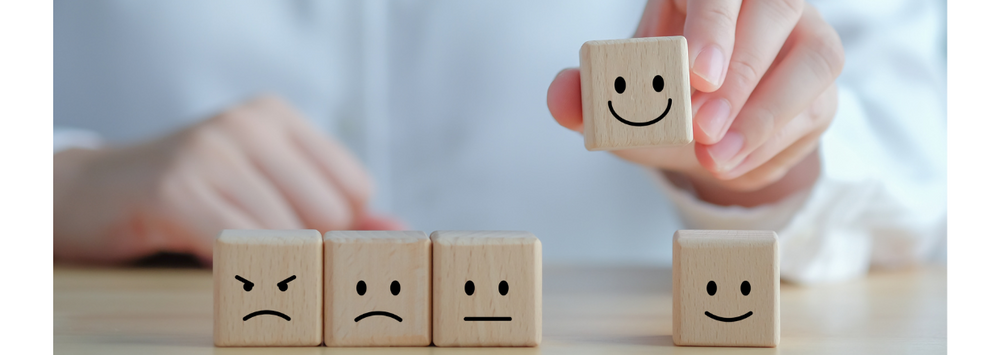
Welcome to the fast lane
Welcome to the 21st century, where being "wired in" doesn’t just mean staying updated but being bombarded 24/7 with notifications, emails, and the relentless pressure to be "on." This digital overload can spike anxiety levels and make you feel isolated in a sea of online connections. Furthermore, the rapid pace of change and uncertainty in today's world can make us feel unstable and stressed.
This chaos is thrusting mental health into the spotlight, sparking a much needed conversation. As businesses begin to step up, schools are getting on board, and more individuals than ever are seeking the help they need - we want to help you take ownership of these challenges, to cultivate a sustainable, thriving, vibrant life.
Major Threats to Mental Health
Let's break down the culprits that can disrupt our mental equilibrium:
- Chronic Stress: Prolonged stress can lead to significant health problems, including mental health disorders such as depression and anxiety. It can disrupt sleep, appetite, and the ability to think clearly, affecting every aspect of life.
- Sleep Deprivation: Lack of sleep affects cognitive function and emotional regulation. It can exacerbate existing mental health issues and decrease resilience to daily stressors.
- Inadequate Nutrition: The brain requires a variety of nutrients to function optimally. Deficiencies in essential nutrients like omega-3 fatty acids, vitamins, and minerals can impair cognitive functions and exacerbate symptoms of mental health disorders.
- Social Isolation: Being isolated or feeling lonely can have profound effects on mental health, leading to increased risks of depression, anxiety, and other mental health disorders.
- Physical Inactivity: Exercise is not only crucial for physical health but also for mental health. Regular physical activity can decrease symptoms of depression and anxiety, enhance mood, and boost overall emotional well-being.
Understanding these threats is essential for prevention and intervention. By recognizing the multifaceted nature of mental health and the factors that can jeopardize it, we can take proactive steps to safeguard our well-being and nurture our mental landscape.
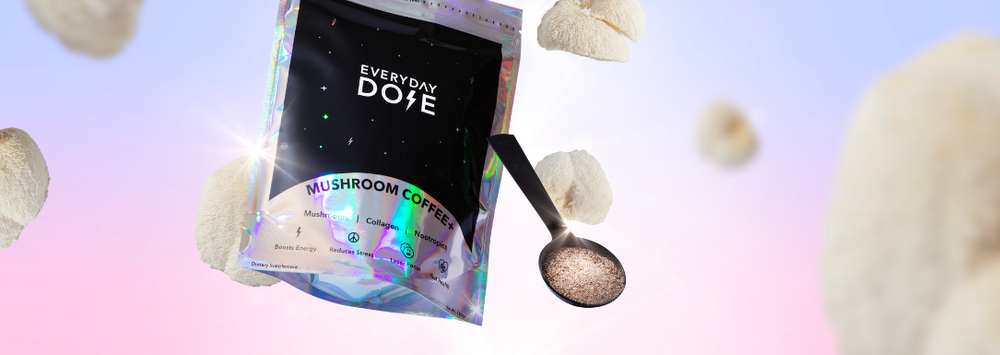
What's next?
Navigating the complexities of mental health is not just about identifying threats but also embracing practical solutions.
Over the next few articles, we'll deep-dive into the science behind stress, nutrition, and how you can build realistic healthy habits to support a thriving mental landscape.
Oh, and as always: this information is for educational purposes and definitely not a substitute for professional medical advice or treatment. If you're really struggling with your mental health, it’s a good idea to reach out to a doctor or psychiatrist. They're there to help you figure things out and get the support you need.
In the meantime... if you're ready to embrace a small but powerful step towards supporting your mental health and overall vitality; try Everyday Dose Coffee+.
It's a low caffeine blend of functional mushrooms and nootropics that tastes just like coffee, but is designed to boost your mood and balance your energy.






